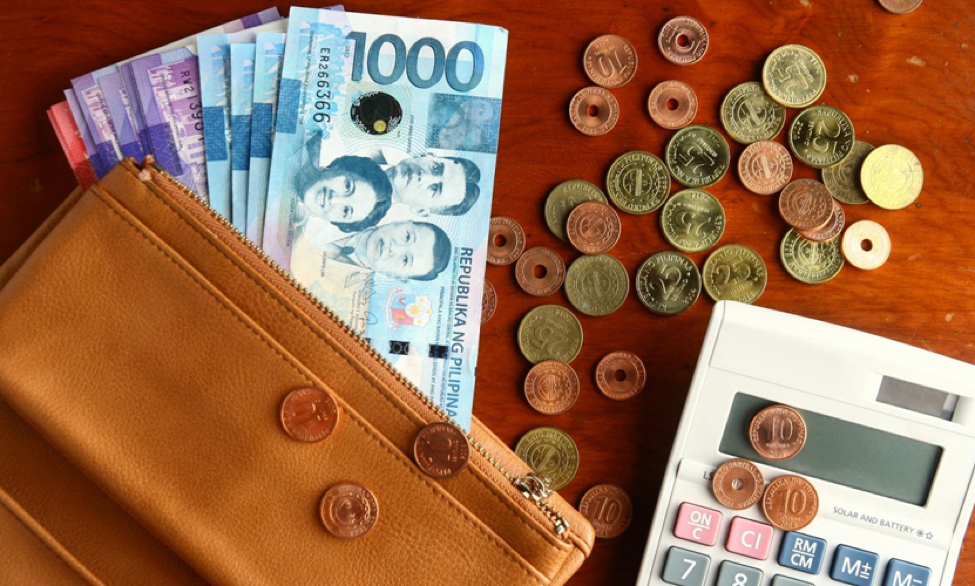
Valenzuela City Congressman Win Gatchalian has slammed the Department of Finance (DOF) for its anti-poor proposal of reducing income tax rates while increasing the value-added tax (VAT) rate as part of the government’s plan to reform the tax system.
“The reduction in the income tax rates will not be felt by the poor because their incomes are already exempted from taxation. The poor, however, will be adversely affected by any increase in the VAT rate,” said Gatchalian, who has expressed opposition to the DOF proposal.
He said the DOF proposal essentially makes the existing Philippine tax system more regressive and saddles the poor with a larger tax burden.
Other News: Salary hike for public school teachers sought in Congress
Last month, the DOF submitted to Congress the government’s tax reform bill, which includes an all-in income tax exemption to all wage earners with an annual income of less than P1 million.
Finance officials also proposed to raise VAT from the current 12 percent to 14 percent and expand VAT base by removing all exemptions except in agriculture, health, banks, education and remove zero-rating except direct exports.
The DOF proposal, according to Gatchalian, is appealing to the middle class owing to the fact that the Philippines has some of the highest taxes in Southeast Asia. The country also has the highest VAT rates at 12 percent.
The Nationalist People’s Coalition lawmaker, however, argued that all of the reasons in favor of the DOF proposal will be at the expense of the poorest Filipinos – the people who have the lowest capacity to pay.
“Increasing the VAT rate will definitely have a negative effect on the purchasing power of the poor, who are always the first to bear the brunt of price hikes of basic commodities and utilities,” said the Valenzuela City lawmaker.
Other News: Bill vs ‘No Smaller Bill, No transaction’
A study conducted by former Secretary General Romulo Virola of the National Statistical Coordination Board, revealed that over 74.7 percent of the population or 14 million families comprise the lower class, while only 0.1 percent or 21,200 families constitute the upper class.
The remaining 25.2 percent fall within the “middle class,” or the 4.7 million families with five members and earning P328,000 to P4 million a year.
“Given the inelasticity of basic goods and services covered under the VAT, the burden of the increased VAT rate will be shifted from the producers to the consumers. The poor will be forced to allocate a greater proportion of their already meager incomes on utilities, fuel, and other basic consumption goods and services,” concluded Gatchalian. (R. Burgos)


